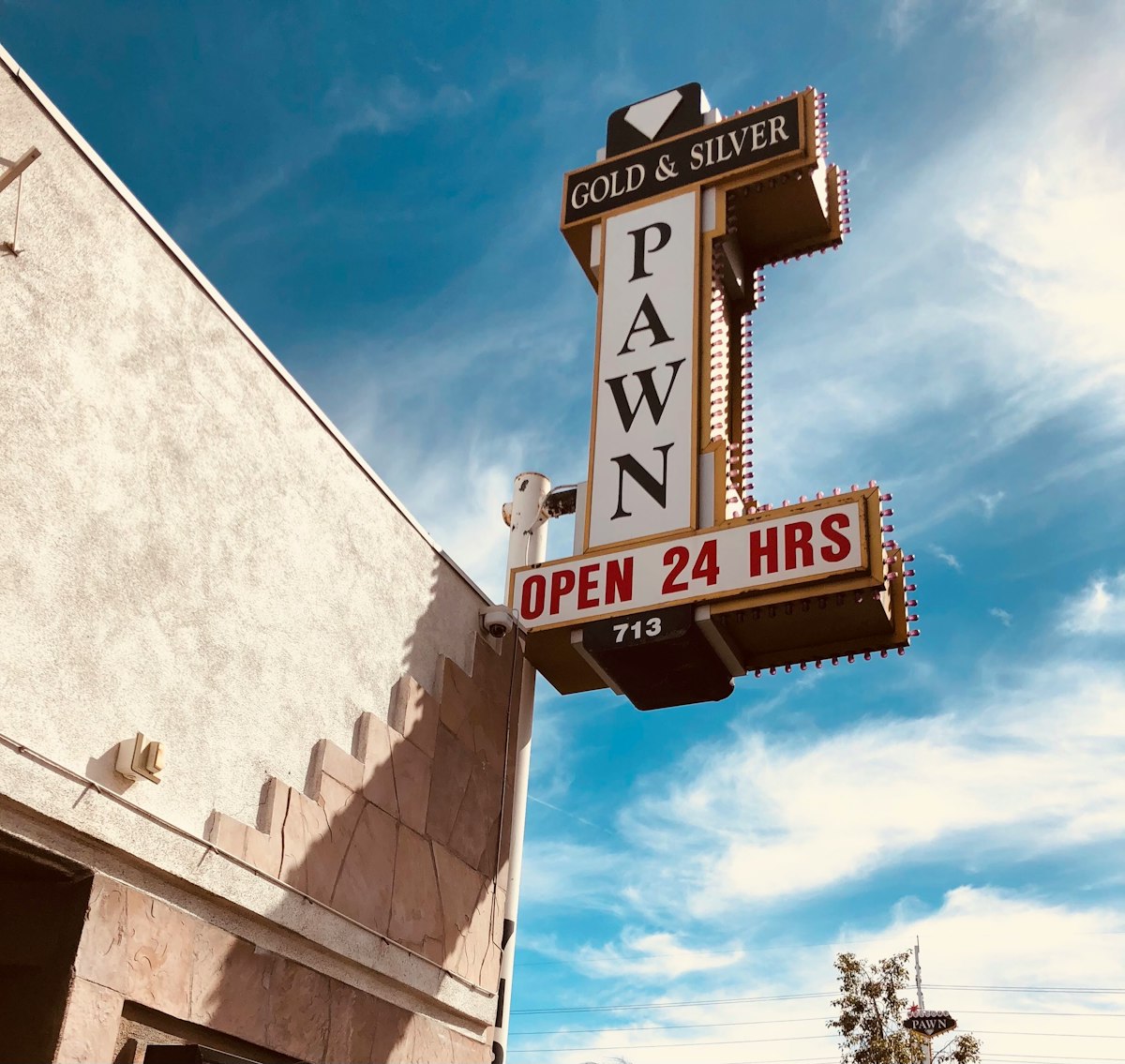Pawning with understanding, start the year with sound judgment
It is a popular practice to pawn a garment in case of financial difficulties to obtain immediate liquidity. Demand for pawning usually increases during the first quarter of each year. You should know your rights, the different costs and commissions that can be charged in pawn contracts.

Pawning a garment is a popular practice in case of financial difficulties to obtain immediate liquidity. Its demand usually increases during the first quarter of each year. It is important to know your rights, the different costs and commissions that can be charged in pawn contracts, with interest and pledge guarantee, and some tips for you to choose the best option when going to a pawnshop.
What you should know before pawning
That the pawnshop does not accept stolen items, for which you will be asked to prove that you have the right to pawn the object and identify yourself. To have access to the adhesion contract registered with the consumer protection agency and to the proof of registration with the Public Registry of Pawnshops. Know, before contracting, the terms and conditions of the service, the total annual cost, commissions, and annual interest rate, as well as storage costs.
What you should know during pawning
That the weighing is done with calibrated scales and balances and insight, to correctly determine the value of the item to be pawned. Receive timely, complete, clear, and truthful information that does not lead to error or confusion about the loan to be granted, before the valuation of the pledge to be pawned before the conclusion of the contract. To respect the conditions established in the contract for the possibility of renewing the loan. To know the term of the loan and the conditions to recover the pledge after having paid according to what is established in the contract. The pledge should not be sold before the term of the pledge expires.
What you should know after the pawn
To be restituted for loss, deterioration, or theft of the pledged goods. The cancellation of the contract and application of conventional penalties for breach of contract. File a complaint and be attended by the Federal Consumer Protection Agency in the event of any non-compliance or non-compliance that violates your rights and interests.
Your pledge must NOT be sold before the pledge term expires.
Costs and commissions associated with pawn services
According to the regulations, the costs and fees associated with a loan that may be charged by the provider must be stated in the contract. The following are the main ones of the loan contract and the accessory ones (those that only apply in specific cases). The main ones are storage fees, administration fees, appraisal fees, and interest. The accessory ones are a commission for marketing, commission for contract reinstatement, and commission for untimely performance.
Ask for your surplus
If the payment of the endorsement or performance was not made within the term agreed upon in the loan contract with interest and pledge guarantee, the pledged good is sold. The hypothesis may arise that, once the pledge is sold, the amount of its sale exceeds the amount of the loan granted, the interest, costs, and commissions generated, which means that the pawnshop is obliged to deliver the surplus or remainder to the consumer. How is it calculated? The amount of the balance in your favor that is generated when your pledge is sold is calculated as follows:
The sale price of the pledge - Amount of the Loan - Interest and Commissions generated = Surplus or remainder.
Don't be fooled by the amount of loan you are offered
One factor that greatly influences the interest rate charged is the percentage of the amount you are offered over the appraisal. However, in most loans, consumers decide to go with the one that offers the highest loan and not the lowest interest rate because of the urgency of liquidity. How to choose a better option is explained: Example of an asset with a market price of $12,000.00.
Pawnshop 1: Appraisal (10,000.00), % of the loan of appraisal (53%), amount of loan (5,300.00), interest (17%).
Pawnshop 2: Appraisal (5,000.00), % of the loan of appraisal (106%), amount of loan (5,300.00), interest (28%).
As you can see the amount of the loan amount is the same, however, the interest is higher in Pawnshop 2 since the amount of the loan granted exceeds the appraised value. Keep in mind that the percentage of loan to appraised value not only affects the interest rate, but also the amount of excess or remainder may be affected if you lose your lien. Remember that one factor that influences the interest charge is how marketable the item you are pledging is. Always compare several pawnshops before choosing one.




